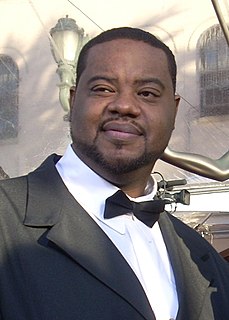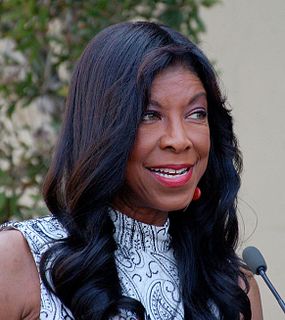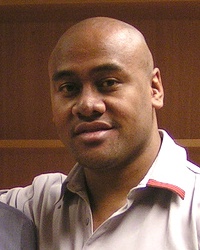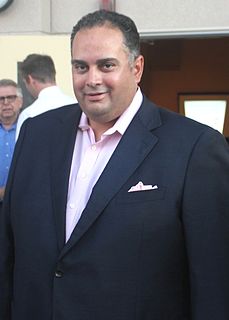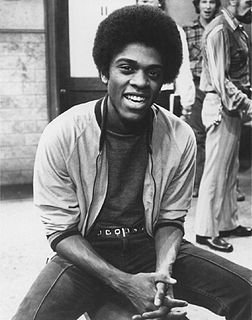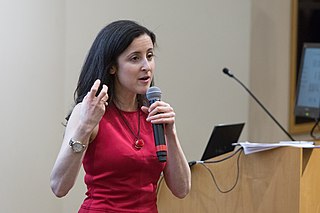A Quote by Grizz Chapman
I was in the hospital for about two weeks because I had some complications due to the transition to kidney from dialysis and getting off of that.
Related Quotes
There is a risk of death associated with donating a piece of liver. It's about one in 500 for the risk of death. The risk of death of donating a kidney is about one in 3000, so this is a riskier operation than donating a kidney. The stakes are usually higher for the recipient of the transplant because unlike kidney failure, where you have a dialysis machine, in liver failure we don't have that kind of machine that allows a patient to survive until they can get a cadaver organ.
I put on about 20 pounds to play Washington, and that was really enjoyable. That's probably the most fun I've had preparing for a role. There were only two weeks between 'Sons of Liberty' wrapping and 'Complications' starting, so I had, basically, two weeks to drop 20 pounds, and that was the opposite of fun.
I couldn’t see Pritkin’s face very well, just a pale blur against the shadows, but he didn’t sound happy. Some people thought he had only one mode... pissed off. In reality, he had plenty of them. Over the past few weeks, I’d learned to tell the difference between real pissed off, impatient pissed off and scared pissed off. I suspected that this was the last kind. If so, that made two of us.
I had a lot of jobs, because I wanted to be an actor, and I had this bad habit of wanting to eat regularly. So, I had to make some money somewhere. I was everything from a stock worker in an Alexander's department store to flower delivery person to a messenger to a grocery clerk to a gas station attendant. I even worked in Macy's dusting off fur coats for two weeks.
